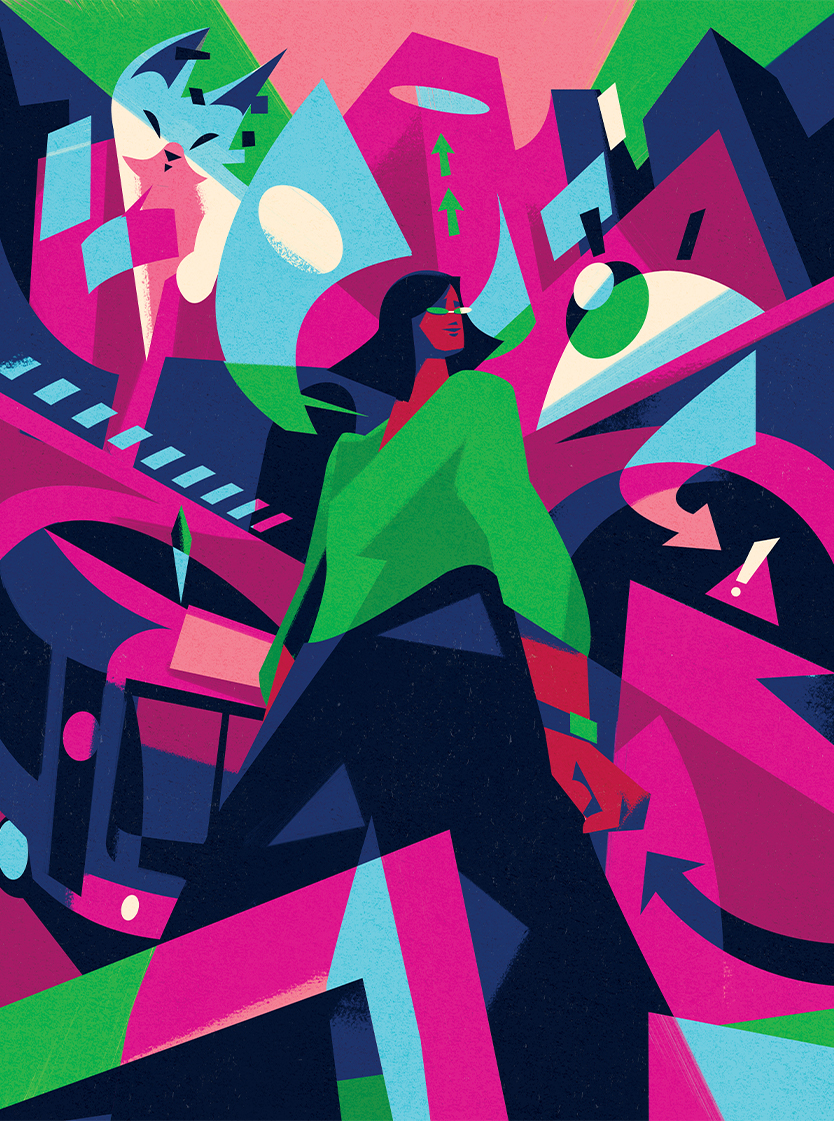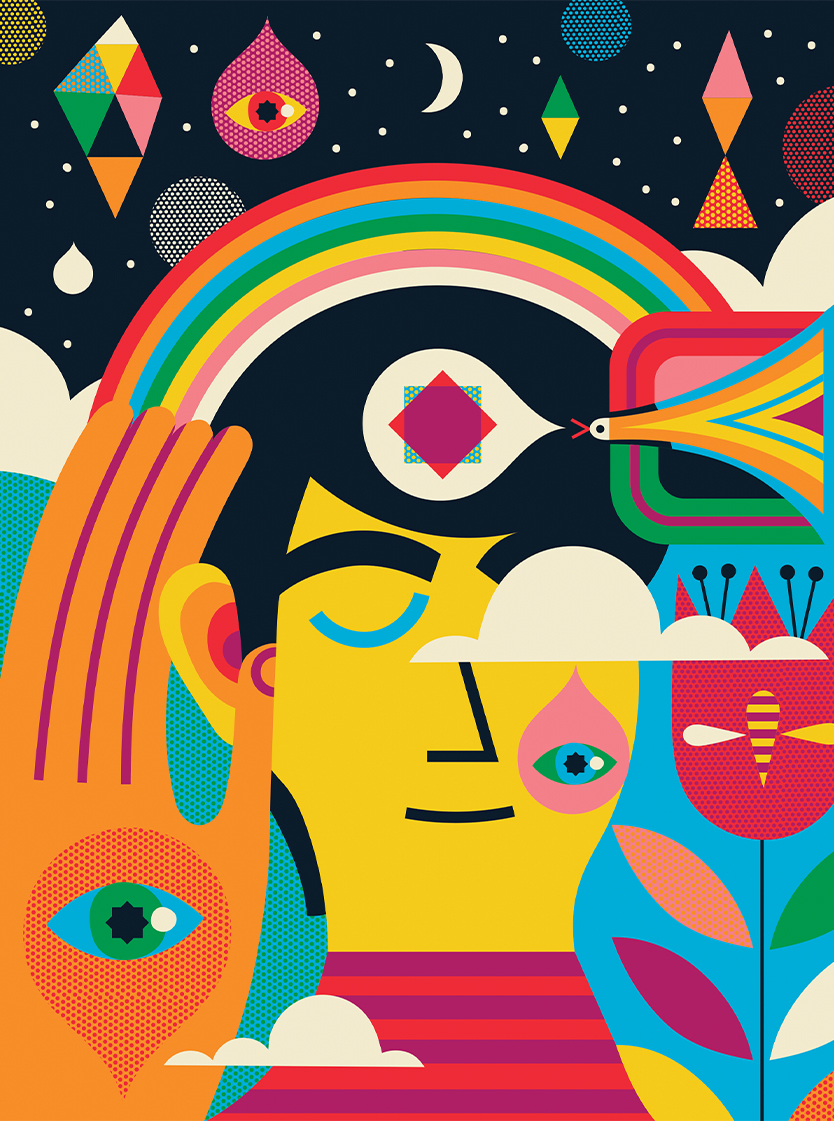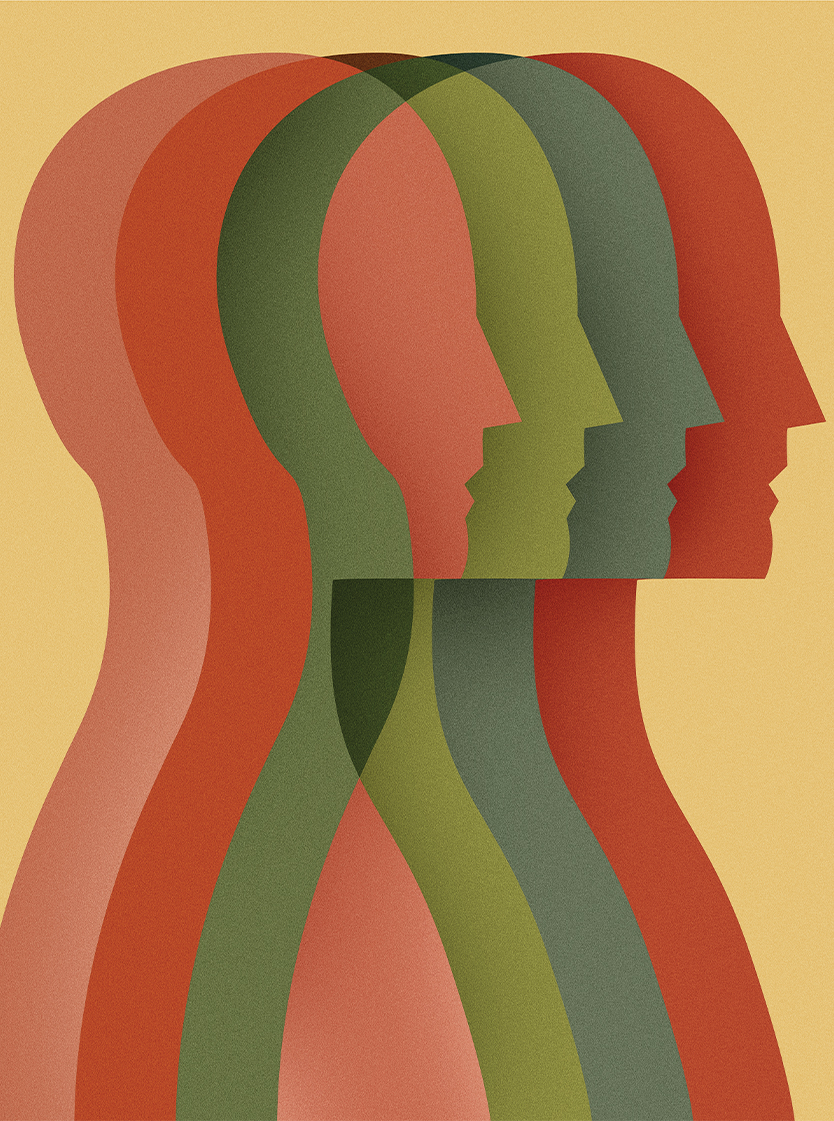Cooperation is the key to moving fast
By Baroness Joanna Shields OBE

Emily Eldridge
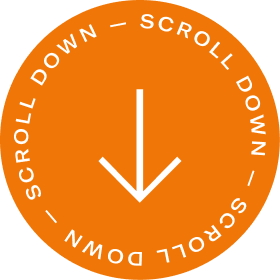
We find ourselves on the edge of yet another tech revolution. However, this time we can’t afford to repeat the same mistakes of the past, according to technology industry veteran and CEO of BenevolentAI, Baroness Joanna Shields OBE.
Nobody expected January 11th 2020 to change the course of science forever. Just a few days before, a novel coronavirus was identified and sequenced from a mysterious cluster of pneumonia cases in Wuhan, China. Then the genetic code of Sars CoV-2 was released to the world, and any scientist with an internet connection could download it. This catalysed 12 months of break-neck scientific endeavour, and a tsunami of published medical research.
With 200,000 scientific papers produced by December, the world found itself in the grips of humanity’s first data-driven pandemic response. Scientists were faced with the challenge of gleaning insight from an ocean of medical data, within which might lie the answers to this global health emergency. But where? And how, in these rapidly changing circumstances, could scientists harness this data to find new and existing treatments for the virus? Sars-CoV-2 has infected over 100 million people worldwide and is spreading faster than humans would ever be able to monitor alone1. New technologies have been instrumental in cutting through this ubiquitous mass of data, tracking the virus’s real-time spread and enabling medical breakthroughs in months, not decades.
I have experienced first-hand the catalysing role of Artificial Intelligence (AI) in the pandemic and seen what can be achieved when machine-learning models are combined with human ingenuity. At BenevolentAI, we used our biomedical knowledge graph and predictive tools to identify potential treatments from a vast repository of medical information which could move quickly into clinical trials for Covid-19. In just two days, we identified baricitinib, an approved rheumatoid arthritis drug, and nine months later the FDA approved it for emergency use in patients hospitalised by Covid-19.
“I have experienced first-hand the catalysing role of Artificial Intelligence (AI) in the pandemic and seen what can be achieved when machine-learning models are combined with human ingenuity”
Baroness Joanna Shields OBE
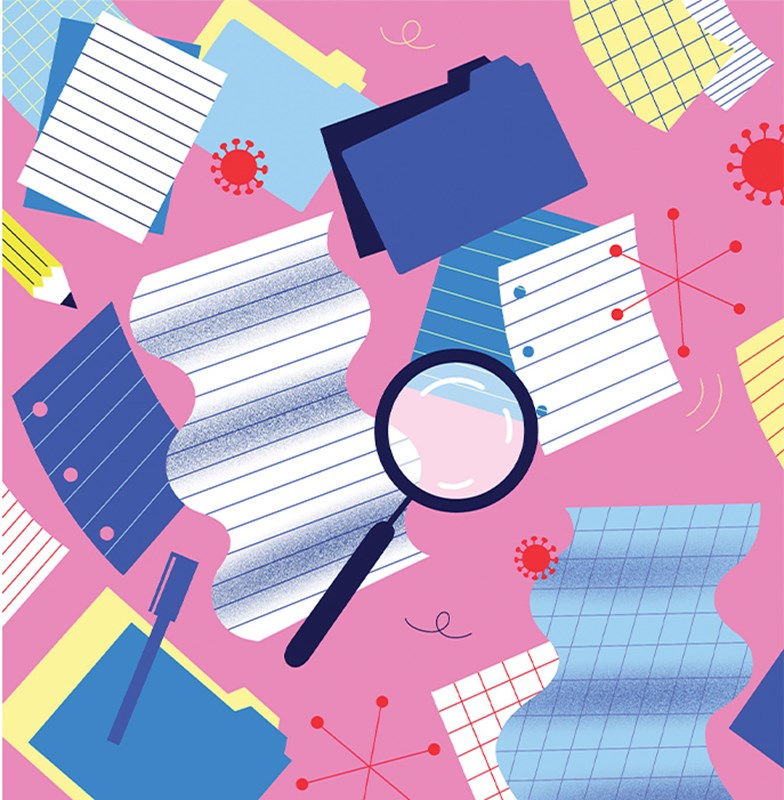
The human body is one of the largest known data systems, with over 37 trillion cells. The deeper we delve in understanding the human body, such as sequencing the human genome, the more we realise what we have left to uncover and understand. Beyond Covid-19, we use our AI platform to discover and develop drugs for complex and poorly understood diseases that have defied conventional research efforts such as Glioblastoma Multiforme, ALS, Crohn’s Disease and Ulcerative Colitis. The pandemic has brought into sharp focus the potential this technology has to solve these complex pharmaceutical puzzles, uncover relationships between diseases and symptoms, and crucially help patients suffering from diseases find treatments.
But it is not all good news. We find ourselves at a juncture in human history: we have the potential to use this technology to do good at a scale unlike ever before and bring about the changes we so desperately need in healthcare. However, AI is a powerful force that we cannot afford to unleash unchecked.
In the pandemic, with digital technology and telemedicine advancing exponentially, I am reminded of the first digital tech revolution, of which I was part. In the 2000s this was driven by companies like Google, AOL and Facebook, the tech giants of Silicon Valley. In the beginning the founders of these companies were idealistic and well-intentioned, with ambitions to democratise information and create a fairer, more connected world.

I was evangelical about the promise and the potential: a self-confessed tech utopian. Yet instead, they became free-for-all tech giants that lived by the hubristic motto of ‘move fast and break things’, and reached new levels of dominance. This philosophy of disruption justified almost any act of upheaval in pursuit of new technologies, with no blueprint to govern them or any consideration of the damage being done. I believe this ‘winner takes all’ mindset which prioritised competition over collaboration, and repelled government interference, stifled the potential good this technology could do. As a result, tech companies are at long last being held to account for internet harms and crimes. They are grasping at issues such as privacy, disinformation and the spread of illegal content and are ill-prepared to deal with the consequences of the products they have created.
To foster innovation but avoid a similar if not worse fate, we need a very clear framework for the use of AI which reflects the best of humanity — values such as equality, inclusion, sustainability, adherence to the rule of law, collaboration transparency, explainability, and accountability. This matters because we have the opportunity to build these rules and principles now as the technology develops, and to shape the future of healthcare for the better. We find ourselves on the edge of yet another tech revolution, and this time we can’t afford to repeat the same mistakes of the past.
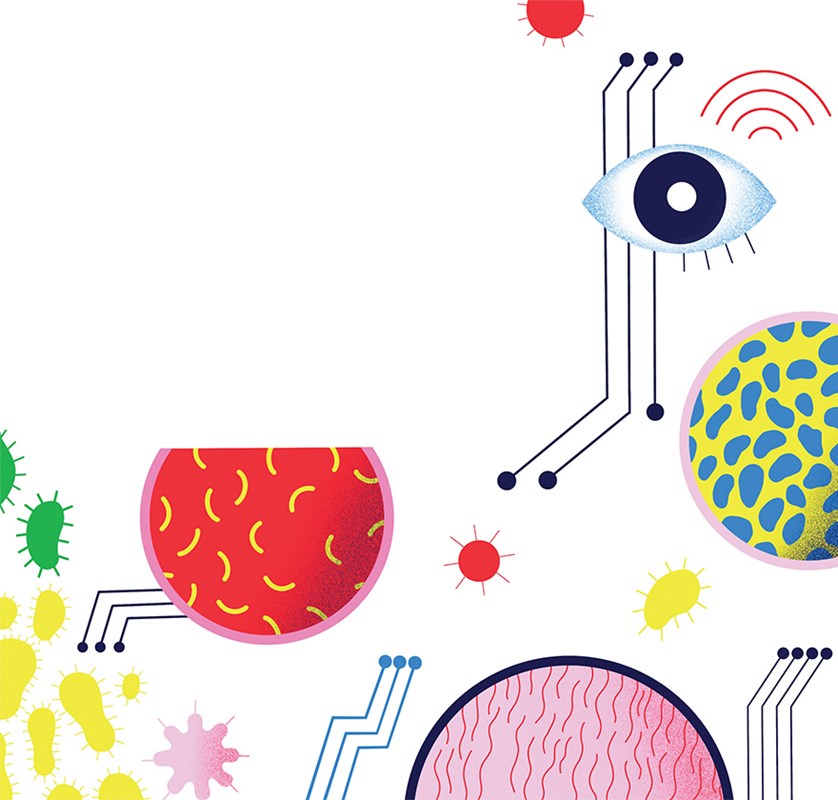
We must move away from the winner-takes-all disruption that Silicon Valley championed, into a new era of global collaboration and cooperation around AI. Machine learning models and algorithms can interrogate vast quantities of biomedical data but the quality of that data has a direct impact on the value of hypotheses generated. To unlock the potential of AI, it is critical to develop standards of interoperability of health data and encourage academics, private companies and government bodies to cooperate and share data freely whilst respecting personal privacy. The data gap in medical research is well-documented, and these partnerships are essential in diversifying our clinical data, treating more patients and alleviating existing health inequalities worldwide.
The power of global collaboration in health is visible since the formation of the International Sanitary Convention in 1851, which was the world’s first early warning system for disease outbreaks and paved the way for the WHO. Fast-forward to today, we have seen a momentous global effort to fight Covid-19 and, as a result, an armamentarium of vaccines and therapeutics have been developed and produced in record time. The greatest technological breakthroughs of our time cannot exist in a vacuum, and for AI to have a real and lasting impact in healthcare, cooperation is key. We need to see creative and innovative people from different countries and disciplines coming together to build the foundations for AI to grow ethically and sustainably, and ultimately be a force for good.
The future is fixing and improving systems, not breaking them. We need to keep up with it.



